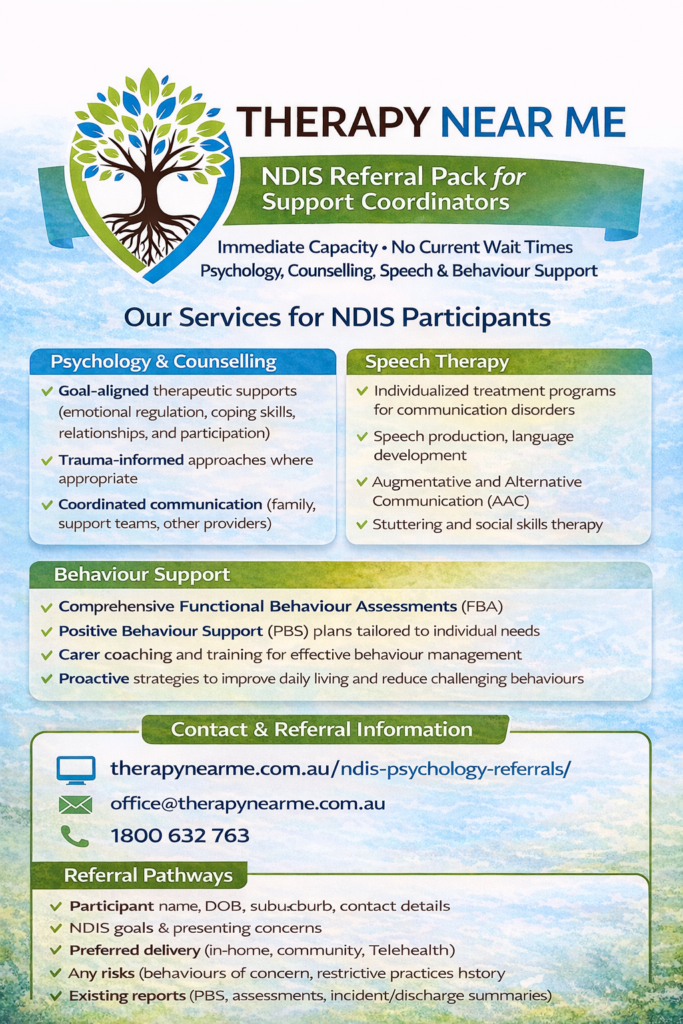This article explores mental health care plans, which are structured approaches to treating and managing mental health conditions. By analysing the components, benefits, and implementation of these plans, the article aims to highlight their importance in achieving effective mental health outcomes.
Introduction
Mental health care plans are tailored strategies designed to address the individual needs of those experiencing mental health issues. These plans are often developed in collaboration with healthcare professionals and are pivotal in providing structured, holistic care.
Components of a Mental Health Care Plan
Assessment and Diagnosis
A comprehensive assessment, including medical history, symptoms, and life circumstances, is the first step. This leads to a diagnosis, which informs the rest of the care plan (Australian Government Department of Health, 2019).
Goal Setting
Goals are established based on the individual’s needs and preferences. These may include symptom management, improving quality of life, and achieving specific personal or occupational objectives.’
Treatment Strategies
The plan outlines various treatment modalities, which can include psychotherapy, medication, lifestyle changes, and support services. The choice of treatment is based on evidence-based practices and the individual’s condition (National Institute of Mental Health, 2020).
Support Services
Referrals to support services, such as counseling, community services, or support groups, are often included. These services provide additional layers of support beyond clinical treatment.
Benefits of Mental Health Care Plans
Structured Approach
Care plans provide a structured approach to treatment, ensuring that all aspects of a person’s mental health are considered and addressed.
Personalisation
Each plan is tailored to the individual, which increases the likelihood of effective treatment outcomes (World Health Organization, 2018).
Continuity of Care
These plans facilitate continuity of care, which is crucial for long-term management of mental health conditions.
Empowerment
Being involved in the creation of their care plan empowers individuals, giving them a sense of control over their treatment and recovery.
Implementation and Monitoring
Collaboration with Healthcare Providers
Implementing a mental health care plan is a collaborative process, requiring regular communication between the individual and their healthcare providers.
Regular Review and Adjustment
Care plans are living documents and should be reviewed and adjusted regularly to ensure they remain relevant and effective (American Psychiatric Association, 2018).
Conclusion
Mental health care plans are essential tools in managing mental health conditions. They provide a structured, personalised, and collaborative approach to treatment, empowering individuals on their path to recovery. Regular review and adaptation of these plans are key to their effectiveness.
How to get in touch
If you or your patient/NDIS clients need immediate mental healthcare assistance, feel free to get in contact with us on 1800 NEAR ME – admin@therapynearme.com.au.







